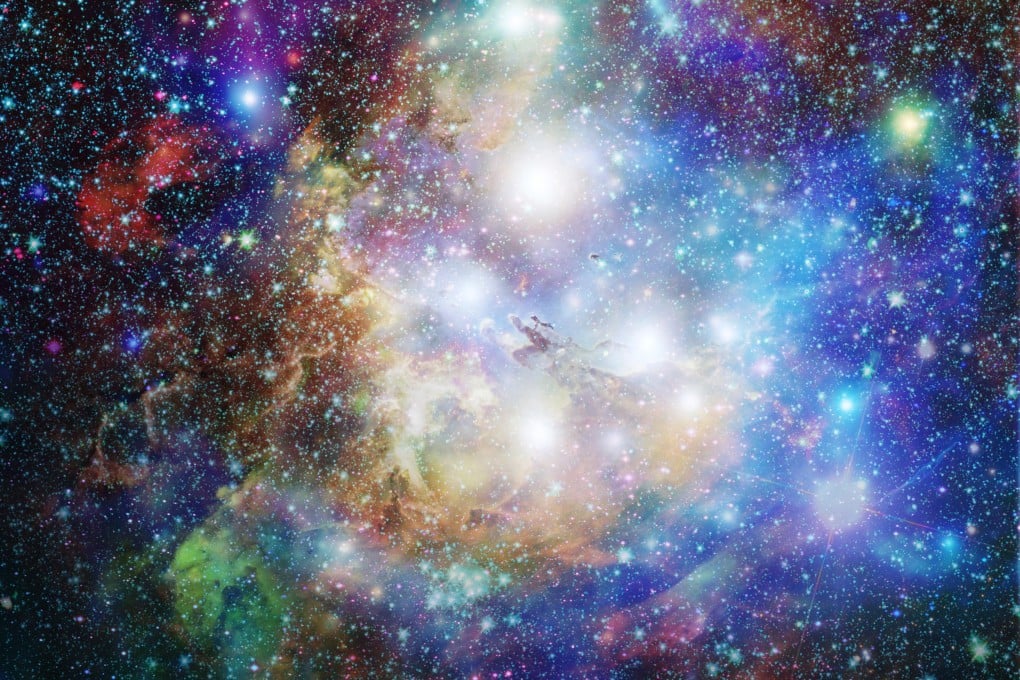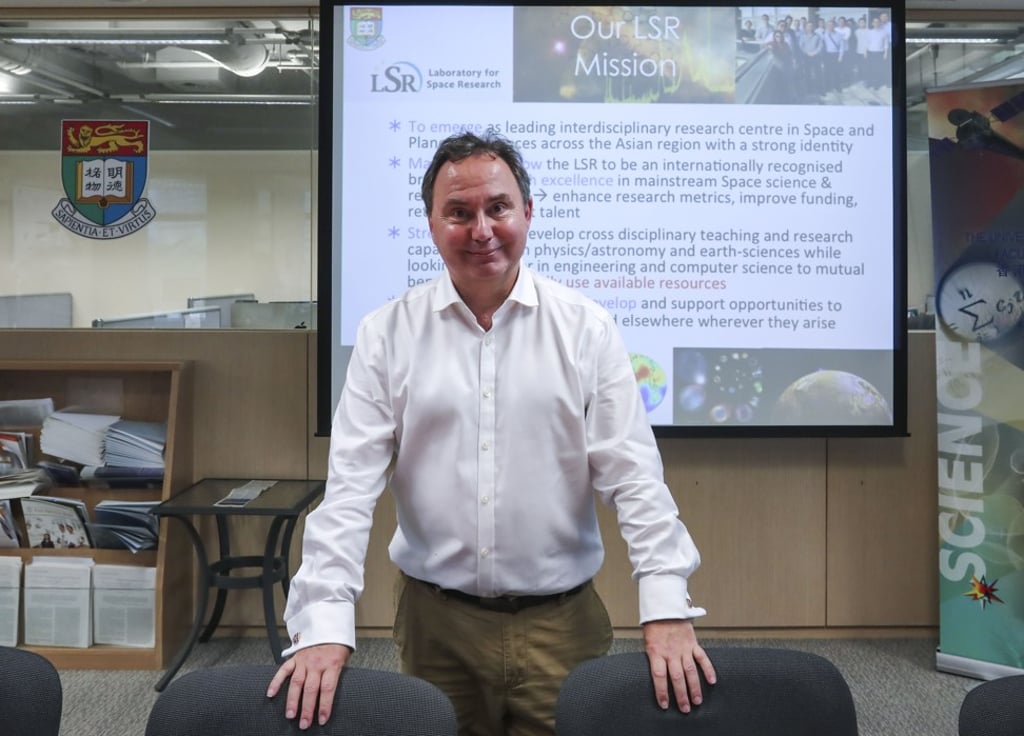Hong Kong scientists join search for alien life, hope to discover whether we are alone in the universe
- The University of Hong Kong’s Laboratory for Space Research specialises in planetary and space science, high-energy astrophysics and late-stage stellar evolution
- A satellite/telescope will soon be sent into space to observe galaxy clusters and dark matter

Given its role as a global business centre, it’s little wonder that most people marvelling at Hong Kong’s night sky are looking at the glittering skyscrapers rather than the Milky Way or Mars.
But that may be changing, thanks to a few forward-thinking researchers at the University of Hong Kong (HKU) working at the west end of Hong Kong Island. Since 2016, HKU has been renting space for its Laboratory for Space Research (LSR) at the Cyberport Business Park. And from here, Hong Kong is doing its bit in the search for, among other things, alien life.
Overlooking Telegraph Bay, the LSR, funded by a HK$10.8 million (US$1.4 million) government development grant, conducts research into fields such as astrochemistry, astrobiology, high-energy physics and planetary science.
“I’m trying to secure and grow the LSR so that we can be productive and impactful,” its director, Quentin Parker, explains to me on a recent visit to the lab. “We are striving to be Asia’s global university and we are not ignoring the tremendous potential in the greater world to connect, collaborate and build links,” says the astrophysicist, who points to recent collaborations with Peking University, Zhejiang University and Nanjing University.

He says the LSR – whose strengths lie in planetary science, space science, high-energy astrophysics and late-stage stellar evolution – recently received another HK$10 million, from HKU’s senior management, to establish a sister lab at the mainland’s Zhejiang Institute of Research Innovation (ZIRI). And as early as this October, the LSR, in conjunction with Nanjing University, will see the launch of its first satellite/telescope.
The “NJU-HKU No.1” will be shot into space on a Chinese rocket from one of the four launch sites in China. The 50kg X-ray telescope will look at nearby galaxy clusters to try to discern, among other things, dark matter – theoretical material that has yet to be directly observed. The 50 million yuan (US$7.4 million) satellite’s wide-angle vision should also offer a unique view of comets in our solar system and the interaction of the solar wind with the Earth’s magnetosphere.